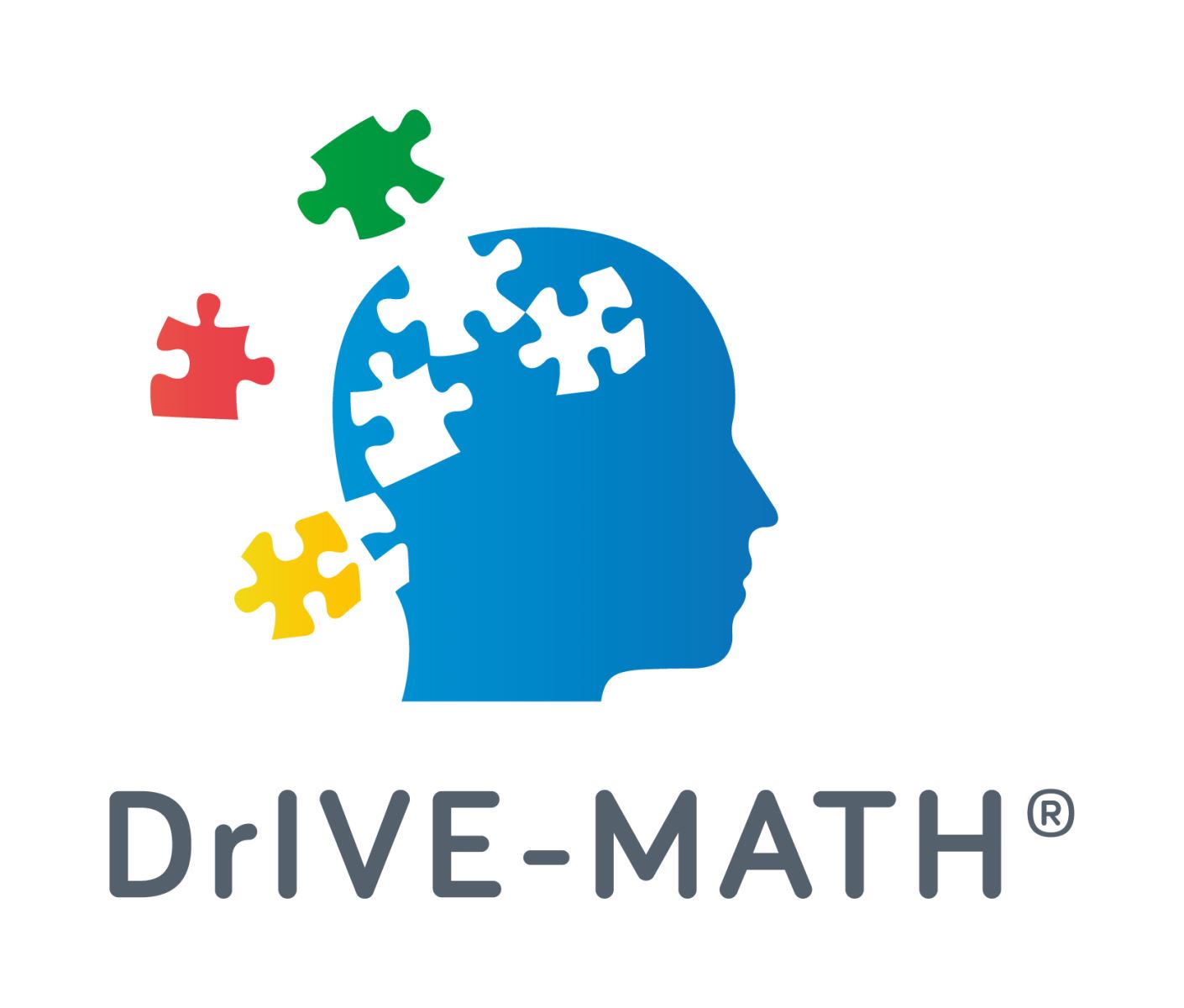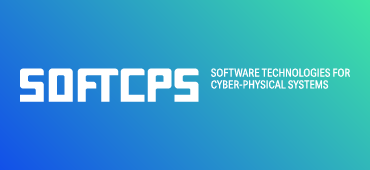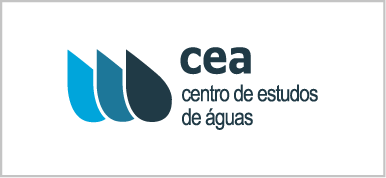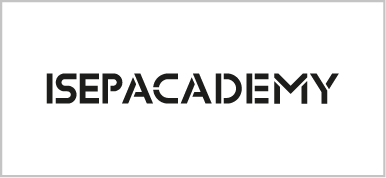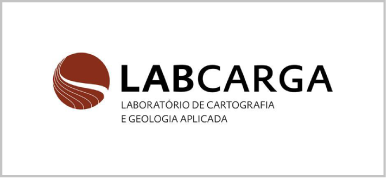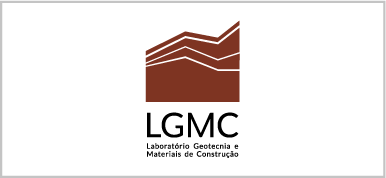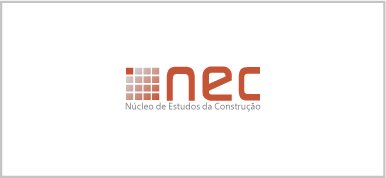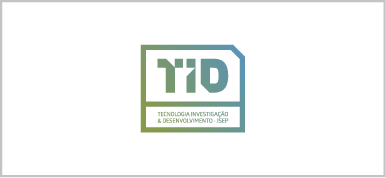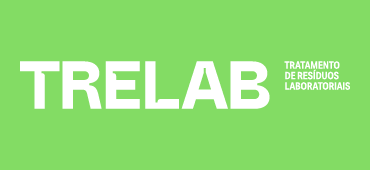
DRIVE-MATH - Development of Innovative Mathematical Teaching Strategies in European Engineering Degrees
Programme: Erasmus+
Key Action: Cooperation for innovation and the exchange of good practices
Action Type: Strategic Partnerships for higher education
Topics: Quality and Relevance of Higher Education in Partner Countries New innovative curricula/educational methods/development of training courses Recognition, transparency, certification
Summary
This project aims at developing a novel and integrated framework to teach math classes in engineering courses at the university level.
The traditional way of teaching math classes is based on a ‘teaching by telling’, or ‘chalk and talk’, approach, especially in the first years of the university degrees. It is characterized by large classes and single-discipline teaching, based on lecture-based delivery. Recently there has been a growing interest, by the engineering professionals and the bodies for accrediting engineering degrees, in promoting a change in this paradigm. As Einstein used to say “We must revolutionize our thinking, revolutionize our actions.” The proposed new teaching paradigm consists in the implementation of the following strategies: adaptation of course curricula, emphasizing the problem-based-learning (PBL) approach, learning by doing (hands-on), and application of the EduScrum as a pedagogical approach, promoting active learning (AL) by working in real world engineering problems. In the PBL curriculum, students achieve competences, analyze, identify and solve problems, by relating disciplines to each other. Students develop competences such as critical thinking, agility and adaptability, communication, collaboration, initiative, analyzing and conceptualizing information, curiosity and imagination. They are an active part of their learning process and the teacher acts as a guide by proposing new research directions, methods, and tools. Hands-on experimentation, or learning-by-doing, is an essential part of the knowledge process. It enhances the desire to learn, promotes self-learning skills, and offers an efficient involvement of math subjects and engineering environments. EduScrum creates an environment where students are the owners of their knowledge, increasing the sense of self-initiative and entrepreneurship. Applying the EduScrum methodology enhances collaborative learning, emphasizing the students’ interactions with each other. Students are involved in small groups and work towards a common goal – learning, while being evaluated individually. In this sense, the math curricula teaching will be modernized and updated to include these new methodological teaching strategies. This modernization may contribute to award the EUR-ACE (European Accreditation of European Programs) to accredited engineering degrees at partners’ universities.
Engineering students lack essential competences in a world of rapidly changing and dynamic working environments. The later require constant creativity, analytical thinking, perfectionism and adherence to tight deadlines. This could influence negatively their future careers. Knowledge cannot be perceived any longer as the end of a goal of an engineering study, it has to be felt as an on-going activity of learning-to-think and learning-to-learn. This will promote a new design for an Engineer profile, one which encompasses an Engineer willing to manage the tools that our lifestyle requires, for all Engineering areas: electromechanical, electrochemical, informatics, amongst others. Without exaggeration, we can say that our project will help to design a new profile Engineer.
“It seems to me that the poet has only to perceive that which others do not perceive, to look deeper than others look. And the mathematician must do the same thing.”
--Sofya Kovalevskaya
